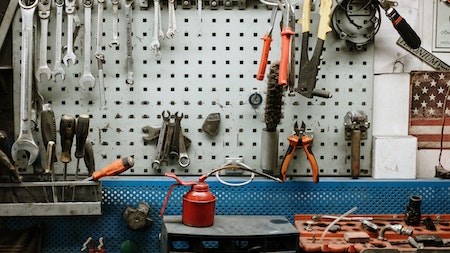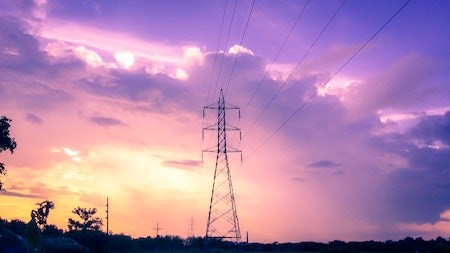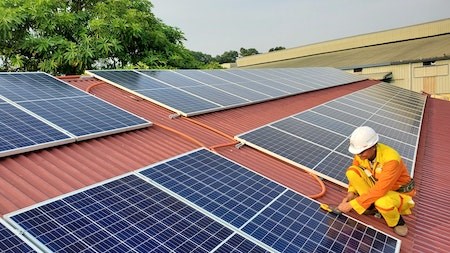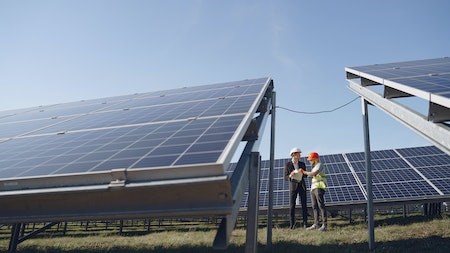Most South Africans have come to accept load-shedding as a way of life and have adapted accordingly by installing some power-generating or backup devices – often at great expense.
Load shedding solutions provide practical ways to normalise your lifestyle without needing to worry about power cuts. However, you need to make sure that these devices are correctly installed and comply with municipal regulations.
You should also ensure that these costly additions to your property are correctly insured so that you won’t be left in the dark for long if they are damaged or stolen.
Installation
Inverter systems, some gas appliances and solar systems lend themselves to DIY installations. However, in some instances, you will need to have them installed by professionals who are accredited to provide certificates of compliance.
A home inverter system is one of the best solutions to power household appliances or a small office. Depending on the type and capacity, you could use it to power your wifi, computer, lights, TV and more.
A home inverter system costing around R10 000 would include the following components:
- A 1.2kW/12V Inverter
- Two 12V 100Ah deep cycle batteries
- Battery cabling with an extension lead
- A battery box.
This can be a standalone unit powering several individual appliances or can be connected to the electrical distribution board.
A DIY installation would involve connecting the inverter to a battery and power supply with the cables and plugging in the appliances to be powered during power outages. To connect it directly to the distribution board, you would need the services of a certified electrician.
With a gas stove, you will be able to boil water, prepare meals, and even benefit from the warmth it creates. A gas hob and stove need to be professionally installed. However, some cheaper gas cooking options don’t require certificates of compliance. These include:
- A gas plate screwed onto a gas cylinder.
- Freestanding two-plate gas hob.
Going solar is a great load shedding solution in a sunny country like South Africa. The options include hybrid solar systems, which combine solar with grid power and totally-powered solar to get off the grid.
Although you can install a solar system yourself, it is advisable to have it done professionally if you are unsure of what to do.
Using a generator is a relatively straightforward option that most people can manage themselves. However, if you want to connect the generator to the electrical distribution board, you will need to have the work carried out by a certified electrician. So make sure you get a valid certificate of compliance.
Insurance
Once your back-up systems are in place, be sure to include them in your inventory and notify your insurer of the additional equipment that needs to be added to your policy. Then, even if your premiums do increase, you will be glad you did in the event of any claims.
Writer : Sarah-Jane Meyer




